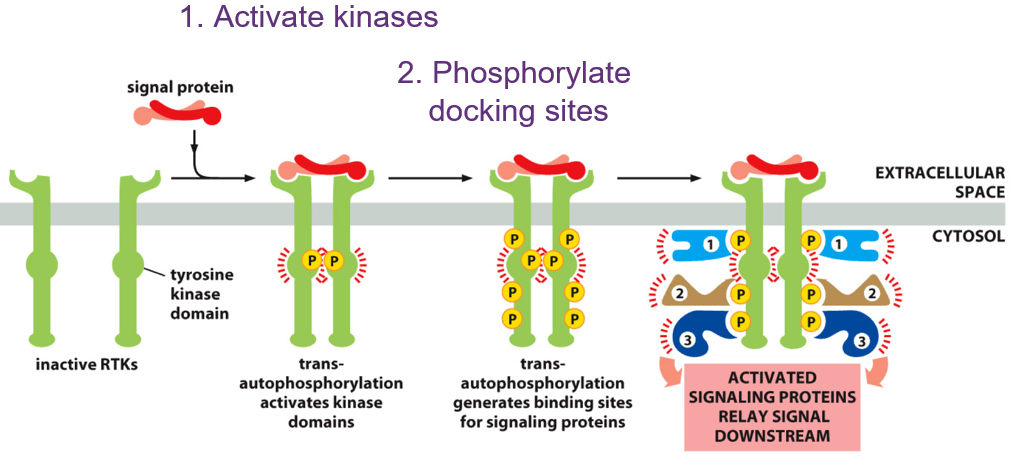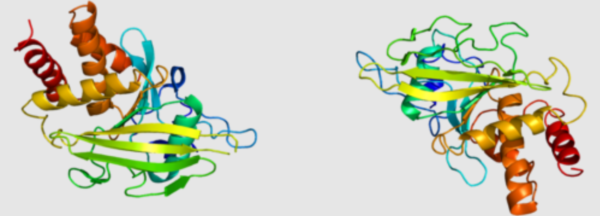Kinases are a class of enzymes that play a pivotal role in cellular signaling, regulating a wide array of biological processes essential for cell growth, proliferation, and survival. Dysregulation of kinase activity has been implicated in various diseases, including cancer, autoimmune disorders, and neurodegenerative conditions. Hence, the development of selective kinase inhibitors has emerged as a promising strategy for therapeutic intervention in these pathological conditions.
Enter the Kinase Inhibitors Library – a remarkable collection of compounds designed to selectively target and modulate the activity of specific kinases. This vast library encompasses a diverse range of molecules that exhibit varying levels of potency, selectivity, and pharmacokinetic properties, enabling researchers to explore the intricate world of kinase signaling and develop innovative therapeutic approaches.
Kinase inhibitors function by binding to the active site of kinases, thereby preventing the transfer of phosphate groups and inhibiting kinase activity. By selectively targeting specific kinases, researchers can dissect the role of individual kinases in cellular signaling networks and uncover their precise contributions to disease progression. The Kinase Inhibitors Library provides an indispensable toolset for these investigations, allowing for the identification of novel kinase targets and paving the way for the development of targeted therapies.
The applications of the Kinase Inhibitors Library span a vast array of research areas. In the field of oncology, kinase inhibitors have revolutionized cancer treatment, ushering in a new era of precision medicine. By specifically targeting kinases that drive tumor growth and progression, these inhibitors have shown remarkable efficacy in a subset of cancers with specific genetic mutations, leading to improved patient outcomes. The Kinase Inhibitors Library offers an extensive repertoire of compounds that researchers can employ to investigate the potential of kinase inhibition in various cancer types and discover new avenues for treatment.
Beyond cancer, kinase inhibitors hold promise in other disease areas as well. For instance, in neurodegenerative disorders such as Alzheimer’s and Parkinson’s disease, aberrant kinase activity contributes to the pathogenesis. By utilizing the Kinase Inhibitors Library, researchers can explore the potential of kinase inhibition as a therapeutic strategy for modulating these disease-related signaling pathways and halting disease progression.
The Kinase Inhibitors Library also facilitates the development of new drug candidates. Researchers can screen the library to identify lead compounds, which can then serve as starting points for medicinal chemistry optimization. By modifying the structure of the lead compounds, researchers can improve their potency, selectivity, and drug-like properties, ultimately enhancing their therapeutic potential. This iterative process, guided by the insights gained from the Kinase Inhibitors Library, expedites the discovery and development of novel kinase inhibitors with enhanced efficacy and reduced side effects.
Despite the enormous potential of the Kinase Inhibitors Library, challenges persist in the development of kinase inhibitors. Kinases are a large and diverse class of enzymes, posing difficulties in achieving selectivity for specific targets. Additionally, off-target effects of inhibitors and the emergence of resistance remain significant concerns. However, advances in computational modeling, structure-based drug design, and high-throughput screening have greatly aided researchers in overcoming these obstacles, driving the discovery of improved kinase inhibitors.
In conclusion, the Kinase Inhibitors Library is an invaluable resource that empowers researchers to unravel the complex signaling networks governed by kinases and their roles in disease biology. The ability to selectively target and modulate kinase activity enables researchers to design innovative therapeutic approaches, offering hopes of improved treatments for cancer, neurodegenerative disorders, and beyond. With ongoing research and refinement, the Kinase Inhibitors Library holds the promise of transforming the landscape of drug discovery and creating transformative interventions for a wide range of diseases.




